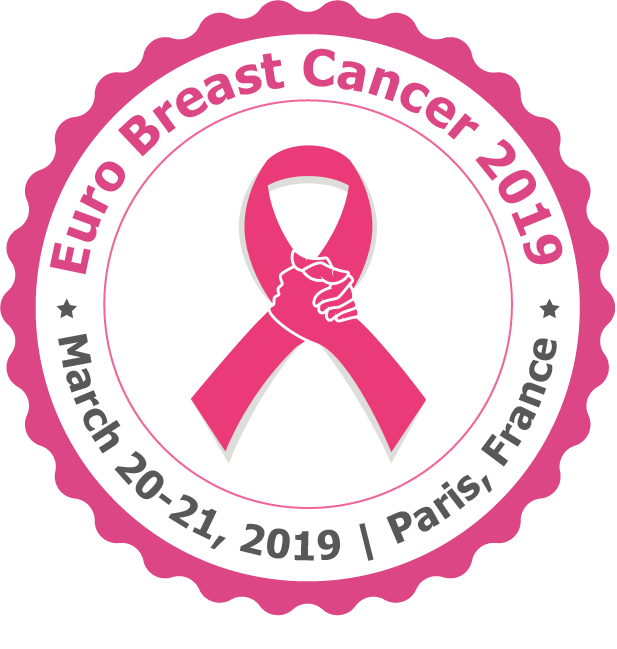
Ramy Elashry
Mansoura University, Egypt
Title: Miscellaneous genetic effects of Honokiol and green tea extract on Apoptotic and self-renewal pathways in the laryngeal cancer stem cells
Biography
Biography: Ramy Elashry
Abstract
Regarding the new carcinogenesis model, cancer stem cells (CSCs) are potentially responsible for laryngeal squamous cell carcinoma (LSCC) sustained growth, metastasis and chemoradioresistance. It therefore, appears reasonable that the novel treatment approaches to LSCC should be directed against CSCs rather than tumor bulk. The current study elucidated the molecular mechanisms underpinning the cytotoxic effects of honokiol and green tea extract (Epigallocatechin-3-gallate “EGCG”) on LSCC and CSCs. The CD44high cells were immunomagnetically isolated from HEp-2 laryngeal cancer cell line, and characterized for tumorsphere formation and stem-cell genes expression through real-time qRT-PCR. Thereafter, CD44high cells were treated with either EGCG or HNK to examine their anti-proliferative and apoptosis/necrosis-inducing impacts by MTT and flow cytometry analysis respectively. Finally, the underlying mechanisms of EGCG and HNK anti-cancer effects were investigated by real-time qRT-PCR screening for genes involved in self-renewal and apoptosis. It was found that, CD44high LSCC cells were highly enriched for CSC properties. EGCG harbored a preeminent targeting potential on CD44high CSCs, mainly by apoptosis induction, while HNK conferred its Cytotoxic impacts mostly by necrosis induction with higher doses, but HNK-triggered apoptosis with lower doses was rather noticeable. EGCG outshined HNK as a potent suppressor of Notch signaling pathway. Nonetheless, HNK privileged in downregulating β-catenin and sonic hedgehog (SHH) signaling pathways. Both EGCG and HNK engaged the BCL-2 family-regulated intrinsic mitochondrial apoptotic pathway in CD44high CSCs, but EGCG induced apoptosis via caspase-dependent, p53-independent pathway, whereas HNK triggered apoptosis via caspase- and p53-dependent pathway. The caspase independent apoptotic pathway was found non-operational in LSCC treated cells.

